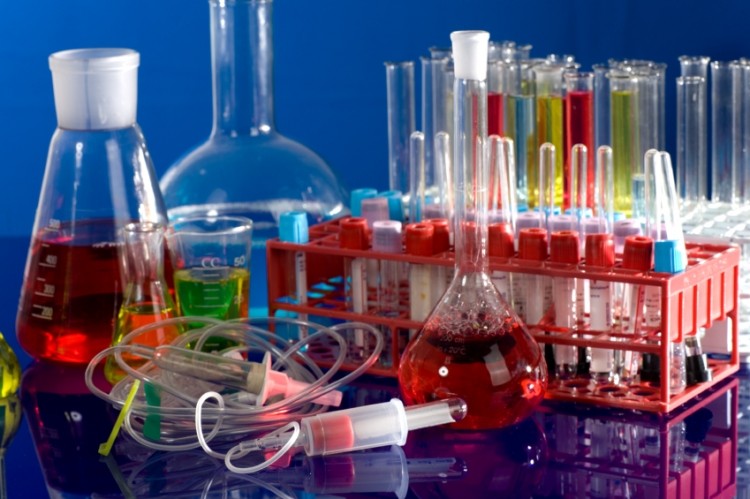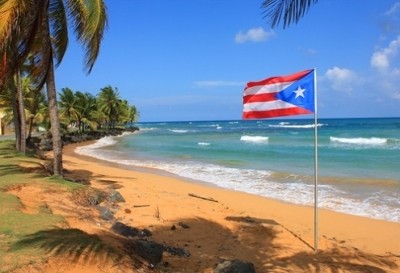Biosimilars to have low impact on US employer cost savings, says report

The study released today, produced by actuarial firm Milliman and entitled ‘Understanding Biosimilars and Projecting the Cost-Savings to Employers,’ duly notes that US cost “savings due to biosimilars in 2014 were zero and projected to be negligible for 2015.”
While this reflects the fact that only one biosimilar – Sandoz’s Zarxio - has been approved in the US and is yet to launch, future savings may not be nearly as much as some companies and analysts have predicted and are unlikely to trickle down to employers in the commercial and retiree marketplace.
According to Principal Actuary at Milliman and author of the study Frank Kopenski, “employers bear a significant portion of healthcare costs in the US,” but total healthcare spending for employers could be reduced by up to just one percent by 2019, while employers may see a reduction of between 2.6 and 7.6% of their total prescription drug spending for active employees.
“For a 10,000 lives employer with 2019 commercial healthcare expenditures of $81.5m, the 2019 total estimated savings is just $635,925 or 0.8% of total healthcare spend assuming 30% total market penetration and 30% lower pricing of biosimilars,” the study says.
This, the report continues, is due to a number of factors including the relatively small frequency of prescriptions doled out on employee health plans of high-cost specialty biologics, the slow acceptance rate of biosimilars by both users and pharmacy benefit managers (PBMs), and the currently unanswered questions surrounding the interchangeability of such drugs.
“While the economic impact of biosimilars will increase as more of these drugs reach the market, overall savings are likely to be smaller than has generally been believed.”
The study was commissioned and funded by AbbVie, which makes the blockbuster TNF inhibitor Humira (Adalimumab) - set to lose its exclusivity in the US in December 2016.
Substantial savings?
Despite the report’s findings, Sandoz believes that the savings opportunity over time for the US healthcare system can be substantial.
“The fact is that these products will bring much needed competition,” a spokesman for the biosimilar maker told Biopharma-Reporter. “As the first biosimilar nears the market, we have seen an uptick in these kinds of publications.”
Non-profit think-tank Rand Corporation predicted last year potential savings of $44bn (€38bn) by 2025, while Hospira – another lead player in biosimilars - has said copycat biologics could save the US healthcare budget $250bn (€220bn).











